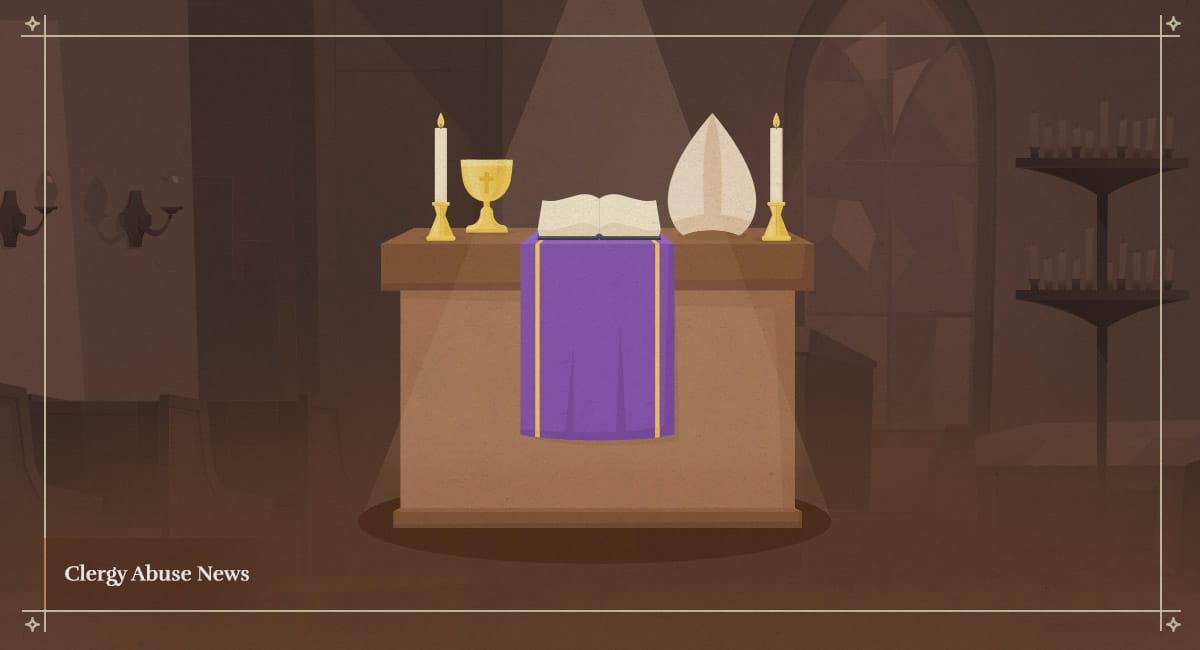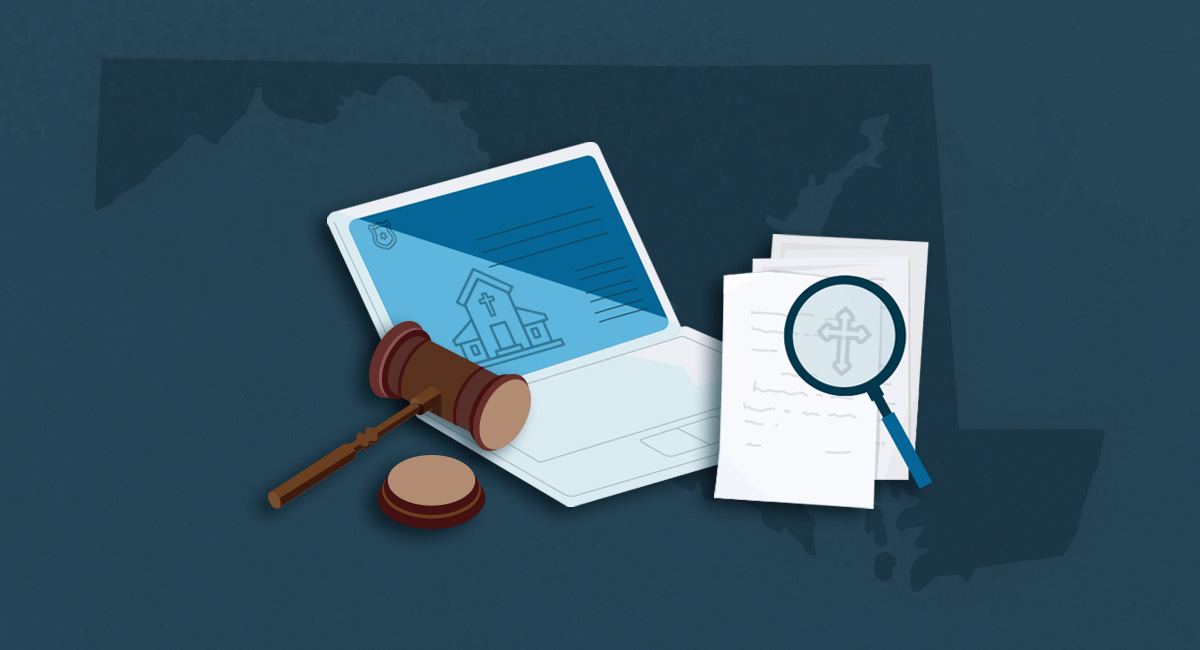Family Sues Oakland Diocese On Behalf Of Abuse Survivor
The family of a deceased clergy abuse survivor is filing a lawsuit against the Diocese of Oakland, thanks to SB 447, a new state law passed in 2021.

The family of deceased abuse survivor Jim Bartko has filed a priest abuse lawsuit against the Diocese of Oakland. The lawsuit, filed on Bartko’s behalf, accuses Catholic priest Stephen Kiesle of child sexual abuse. It is among the latest lawsuits filed amidst a decades-long history of priest abuse in the Catholic Church.
In 2020, Bartko filed his own lawsuit during California’s three-year “look back” window. It was dismissed when he died four days later. Now, Bartko’s children are using a new California law, Senate Bill 447 (SB 447), to seek justice on behalf of their father.
Senate Bill 447 (SB 447)
Under previous California law, a survivor’s family was limited in the legal action they could take on behalf of their deceased relative. Relatives could file civil lawsuits to collect economic damages, such as medical costs. However, they could not sue for the emotional toll the abuse had on a deceased relative.
In 2021, state lawmakers passed SB 447, broadening the rights of victims’ families. The new law allows the family of deceased survivors to file lawsuits on behalf of their loved ones for non-economic damages. This would include pain, suffering or disfigurement.
The new law is a sunset provision. This means families of deceased survivors can recover noneconomic damages between January 1, 2022, and January 1, 2026. It remains to be seen if this provision will become permanent after the 2026 end date.
Survivor’s Children Sue Oakland Diocese
Bartko’s original lawsuit accused Kiesle of sexually abusing him from 1972 to 1975. At the time, Kiesle was a priest at St. Joseph’s Parish.
The abuse began when Bartko was seven years old. According to the claims, Kiesle molested Bartko and a childhood friend at church sleepovers.
Bartko did not speak publicly about the abuse until 2020. In February of that year, he published a memoir, Boy in the Mirror, detailing his abuse and the lasting trauma it caused. In March, Bartko held a news conference to announce his lawsuit. He died from cirrhosis four days later, and his lawsuit was dismissed.
“They used to call [Kiesle] ‘the pied piper’ because everywhere he went, the kids followed him around […] He once said, ‘There wasn’t a single one I didn’t molest.’”
The new lawsuit accuses the Diocese of Oakland of negligence. According to the lawsuit, the Diocese of Oakland was aware of Kiesle’s history of sexual misconduct involving minors. The lawsuit claims the diocese allowed Kiesle to continue working with children, despite previous abuse allegations.
In 1978, Kiesle was accused of sexually abusing children at Our Lady of the Rosary Parish. Despite this, the diocese allowed him to retain his position while on probation. In 1987, he was laicized. However, he returned to St. Joseph’s as a volunteer youth minister the next year.
When a priest, deacon or bishop is laicized, he is no longer considered a member of the clergy. Laicization is also commonly known as “defrocking.”
In 2004, Kiesle was convicted of child sexual abuse and sentenced to six years in prison. He served five years before his early release in 2009.
Bartko’s family also filed a wrongful death claim related to their father’s abuse. Bartko’s cirrhosis, the cause of his death, came from a decades-long struggle with alcohol abuse. The family attributes the origin of his addiction to when Kiesle used communion wine to make a seven-year-old Bartko more vulnerable.
New California Laws Offer Justice For Survivors & Their Families
SB 447 is one of two main laws expanding the rights of abuse survivors and their families. SB 447 will allow families, such as Bartko’s, to seek compensation for their loved ones’ suffering.
“[SB447] also means the profit in stalling these cases and keeping it secret until late in life, the profit in making as many motions and delay tactics as possible hoping people will die is taken out of the equation.”
Survivors are also filing lawsuits under California’s three-year “look back” window. The window opened January 1, 2020. It temporarily revives all expired civil claims of child sexual abuse in the state. During this period, any survivor of child sex abuse can file a civil lawsuit.
California’s current “look back” window closes on December 31, 2022.
With these new laws, abuse survivors can hold their abusers and the responsible organizations accountable. Through the legal justice system, many of these survivors and their families will take one step forward towards healing.
“We finally share what our betrayers hoped we’d always take to our graves because our silence allows them to continue to prey on those too afraid to speak up.”
Sources
- 1
Barba, L. (2021, October 15). California’s New Damages Legislation Will Harm Businesses. The National Law Review.
- 2
Melley, B. (2022, January 12). Kin of dead sex abuse victim sue under new California law. The Associated Press.
- 3
(2022, January 11). Family of Alleged Priest Abuse Victim Sues Oakland Diocese. NBC Bay Area.


